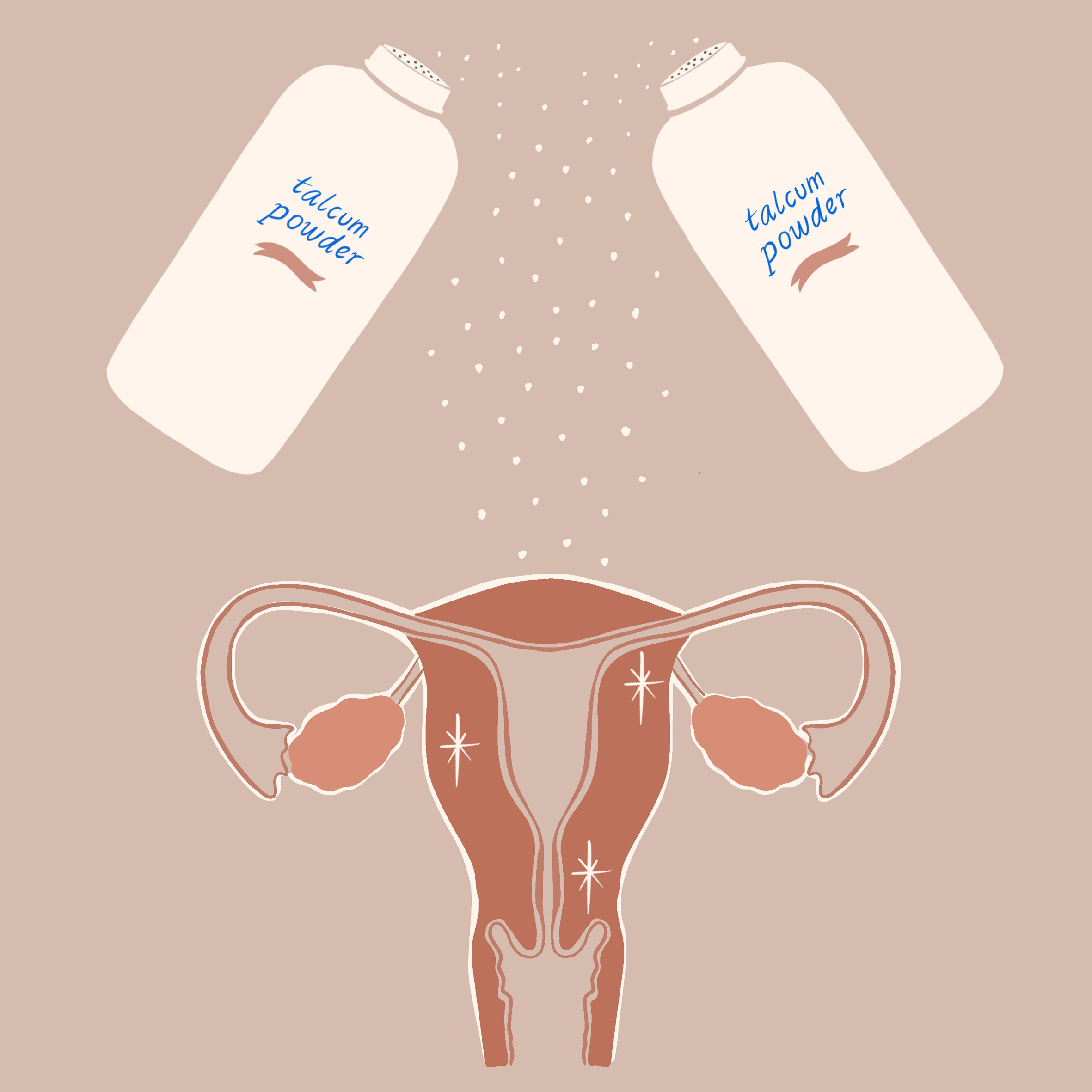Johnson & Johnson is facing increased scrutiny over its talc products. This time, it’s for events that happened over half a century ago. Unsealed documents show that the cosmetics giant experimented on incarcerated men, most of whom were Black, at a prison outside Philadelphia in the 1960s, Bloomberg News reported.
In one study, the inmates were injected with asbestos, which is a known carcinogen that forms in close proximity to talc in the ground. In injecting the inmates with asbestos, J&J, the world’s largest maker of health-care products, sought to test the effects of the carcinogenic compound on the inmates’ skin against the effects of talc.
Details of the study were released decades ago, but not the extent to which J&J was involved. The company hired the now-deceased University of Pennsylvania dermatologist, Dr. Albert Kligman, for experiments at Holmesburg Prison over a two-decade span. Dow Chemical and the federal government were also complicit in funding the unethical research.
Kligman died in 2010. But up until his death, he never acknowledged any wrongdoing. “My use of paid prisoners as research subjects in the 1950s and 1960s was in keeping with this nation’s standard protocol for conducting scientific investigations at the time,” he told the Baltimore Sun in 1998, per Bloomberg.
Despite expressing regret for its past decision to hire Kligman to conduct the experiments, J&J now faces even more scrutiny over its legacy of controversial talc products. The company has been accused of heavily marketing its talc products to African American women and is facing nearly 40,000 talc powder lawsuits. Plaintiffs have alleged that administering talcum powder to their genital area caused them to develop ovarian cancer.
J&J is also facing fresh criticism for offloading its talc litigation liabilities to a subunit—LTL Management—and having that newly-created entity declare Chapter 11 bankruptcy.
An attorney for a plaintiff who successfully sued J&J for asbestos-related cancer said that the experiments conducted in the Pennsylvania prison approximately 50 years ago prove that J&J was concerned about the connection between asbestos and cancer for decades. Since the 1950s, asbestos has been identified as a carcinogen.
Johnson & Johnson pulled its talcum products off of North American store shelves in 2020. The company is also facing pressure from shareholders to remove its talc products globally.
